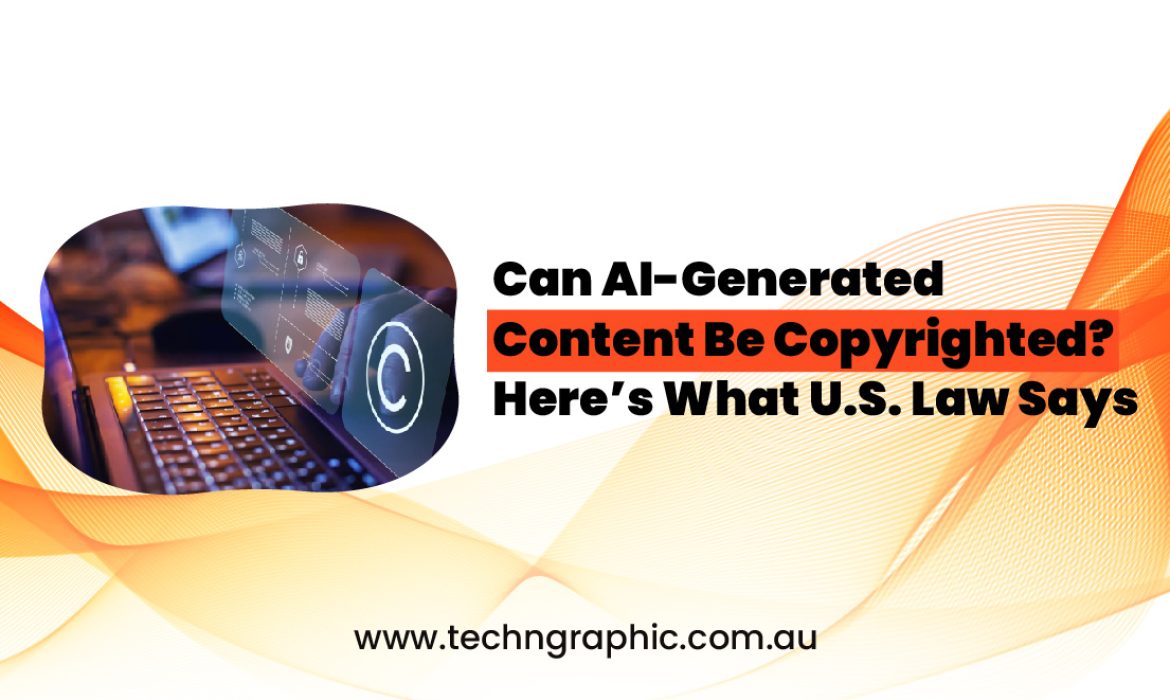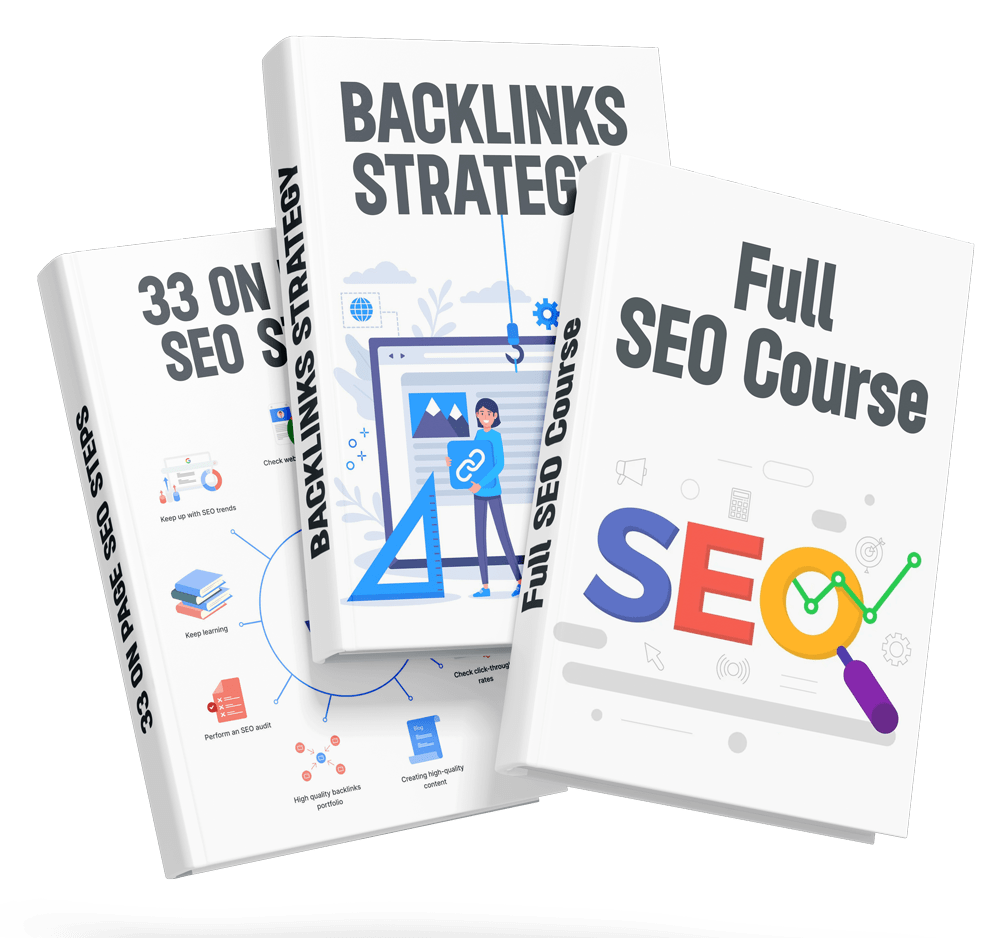AI-generated content is everywhere—from articles and artwork to music and even books. But as AI continues to revolutionize content creation, a critical legal question arises: Can AI-generated content be copyrighted? This issue is particularly relevant for businesses, content creators, and legal experts navigating the evolving digital landscape. Let’s explore what U.S. copyright law says about AI-generated works.
What Does Copyright Law Protect?
In the United States, copyright law is governed by the U.S. Copyright Act of 1976, which protects “original works of authorship.” This includes literary, artistic, musical, and other creative works. However, copyright protection applies only to works created by human authors. This means AI-generated content faces significant legal hurdles in claiming copyright.
Recent U.S. Copyright Office Rulings on AI-Generated Content
The U.S. Copyright Office (USCO) has made it clear that AI-generated content, without significant human involvement, cannot be copyrighted. Some notable cases include:
- Thaler v. Perlmutter (2023): The USCO denied a copyright request for an image generated entirely by AI, stating that copyright law requires human authorship.
- Zarya of the Dawn (2023): While the graphic novel’s text and editing were copyrighted, the AI-generated artwork was not eligible for protection.
These rulings reinforce the idea that AI, as a non-human entity, cannot hold copyright claims.
Can AI-Generated Content Be Copyrighted if Humans Are Involved?
A crucial distinction is whether human creativity plays a significant role in the final output. The USCO has stated that:
- Human-modified AI content may qualify if substantial human creativity is evident.
- Fully AI-generated content does not qualify since copyright law recognizes only human authorship.
For example, an artist who uses AI to generate an image but significantly modifies it through digital painting might qualify for copyright protection on their contribution.
Implications AI-generated content is everywhere—from articles and artwork to music and even books. But as AI continues to revolutionize content creation, a critical legal question arises: Can AI-generated content be copyrighted? This issue is particularly relevant for businesses, content creators, and legal experts navigating the evolving digital landscape. Let’s explore what U.S. copyright law says about AI-generated works.
What Does Copyright Law Protect?
In the United States, copyright law is governed by the U.S. Copyright Act of 1976, which protects “original works of authorship.” This includes literary, artistic, musical, and other creative works. However, copyright protection applies only to works created by human authors. This means AI-generated content faces significant legal hurdles in claiming copyright.
Recent U.S. Copyright Office Rulings on AI-Generated Content
The U.S. Copyright Office (USCO) has made it clear that AI-generated content, without significant human involvement, cannot be copyrighted. Some notable cases include:
- Thaler v. Perlmutter (2023): The USCO denied a copyright request for an image generated entirely by AI, stating that copyright law requires human authorship.
- Zarya of the Dawn (2023): While the graphic novel’s text and editing were copyrighted, the AI-generated artwork was not eligible for protection.
These rulings reinforce the idea that AI, as a non-human entity, cannot hold copyright claims.
Can AI-Generated Content Be Copyrighted if Humans Are Involved?
A crucial distinction is whether human creativity plays a significant role in the final output. The USCO has stated that:
- Human-modified AI content may qualify if substantial human creativity is evident.
- Fully AI-generated content does not qualify since copyright law recognizes only human authorship.
For example, an artist who uses AI to generate an image but significantly modifies it through digital painting might qualify for copyright protection on their contribution.
Implications for Businesses and Content Creators
Understanding copyright rules around AI-generated content is essential for businesses and creators who rely on AI tools. Here’s what you should consider:
- No Exclusive Rights: Since AI-generated content is not protected under copyright law, it can be freely used by others.
- Legal Ownership Issues: Companies using AI tools should establish clear guidelines on content ownership.
- Alternative Protections: Trademarks, patents, and contracts may offer legal safeguards where copyright fails.
Conclusion
As AI continues to shape the creative landscape, the legal system is struggling to keep up. For now, U.S. copyright law is clear: AI-generated content without human involvement cannot be copyrighted. However, human-AI collaborations may be eligible under specific conditions.
What do you think about AI and copyright law? Should AI-generated works be eligible for protection? Share your thoughts in the comments!



